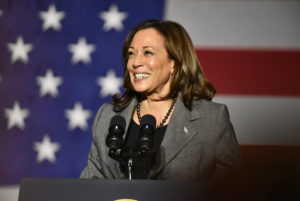
Bike racer Mark Cavendish, the Manx Missile
Right now, the Tour de France bicycle race is taking place. It is considered one of the most grueling of all sports events; essentially the equivalent of running several marathon races a day, every day, for 21 days straight. The terrain and conditions include mountains, cobblestones, headwinds, rain, and oppressive summer heat. Such a sport is, naturally, a young man’s game. Age 39 in the Tour is considered ancient.
Yet, one of the biggest stories of this year’s Tour de France is the return, out of retirement, of 39 year-old racer Mark Cavendish. A sprinter from the Isle of Man, known as the Manx Missile, Cavendish was tied for the record for most Tour de France stage wins (34), and desperately wanted to break that record. Last year, Cavendish entered the Tour with the hope of breaking the record, and announced that he would retire afterward. Unfortunately, he crashed and broke his collar bone during the early stages, without the win. Cavendish has had many bad days as a bike racer, including a number of serious crashes and injuries, but he has always gotten back up on his bike. He ended his retirement to come back this year, and, with strong team supporting him, he won the stage yesterday and broke the all-time record.
If the parallels to President Joe Biden are not apparent, let’s name them:





